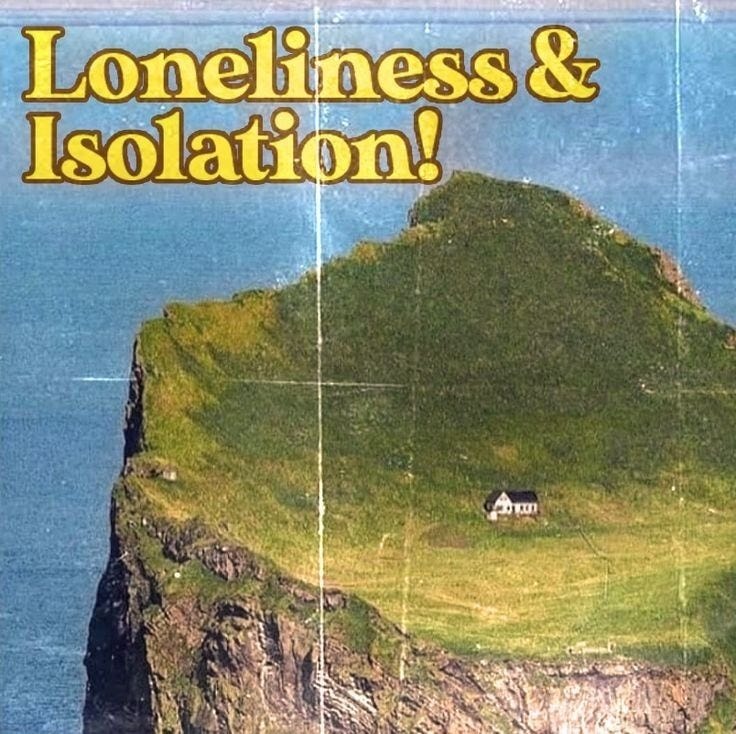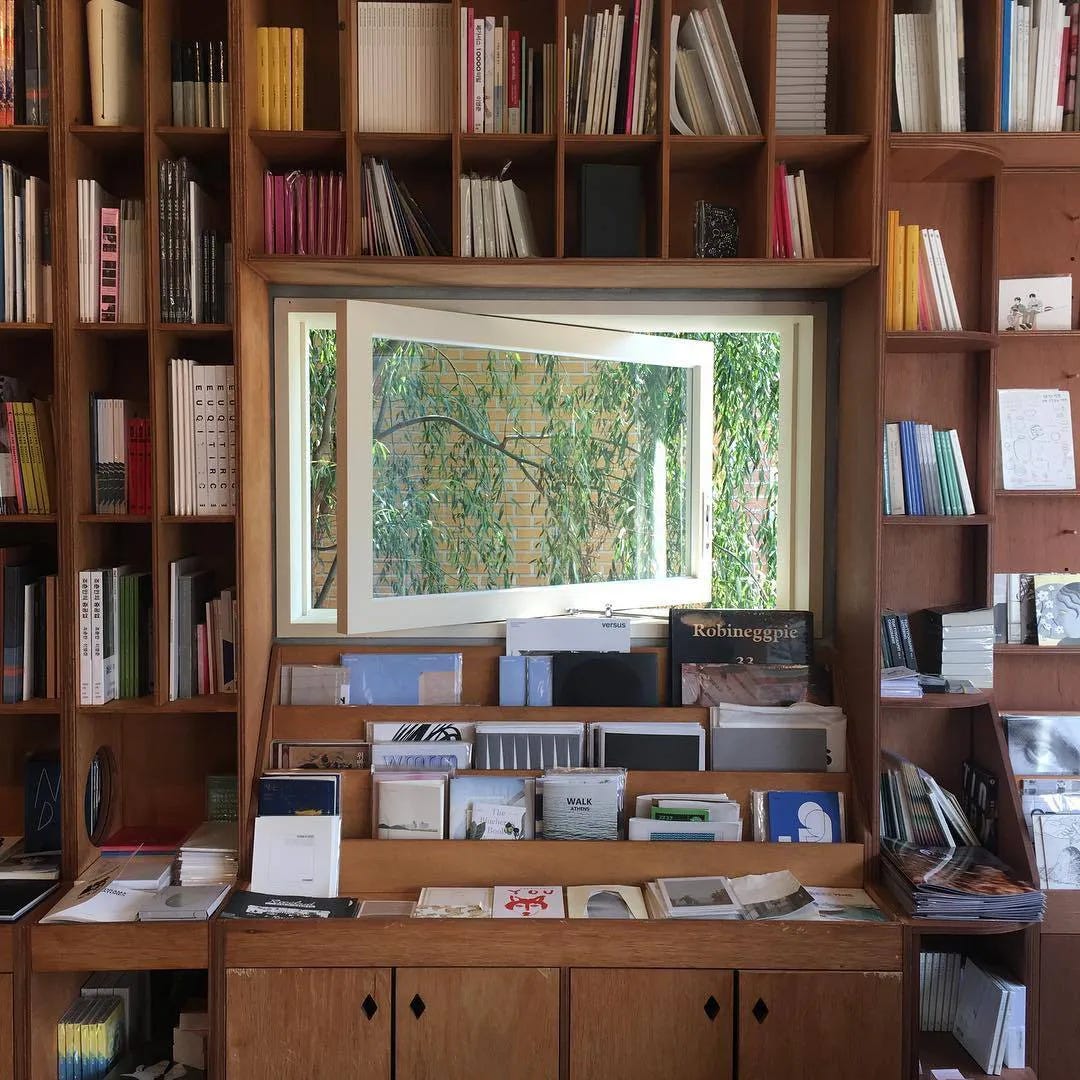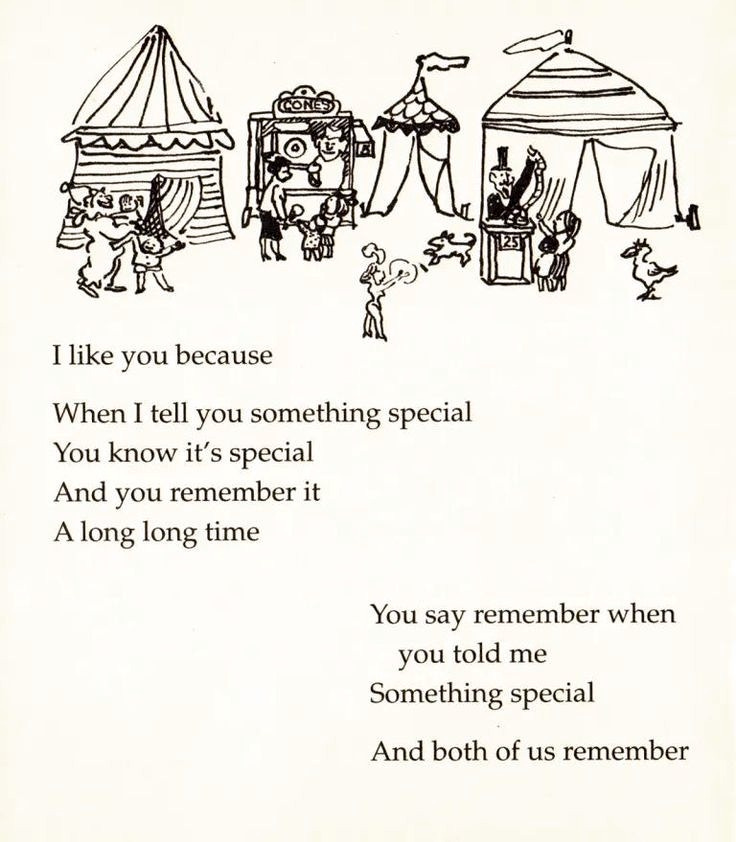You’re not broken. You just want to belong.
Because being surrounded by others doesn’t always mean we feel seen.
One of the quietly brilliant things about my job is that I get to sit with people’s realest truths. And one thing I keep noticing—again and again—is how many folks are walking around thinking they’re the only ones feeling this way.
It’s not that we don’t know other people are struggling. But knowing something in your head isn’t the same as feeling it in your bones. When things are heavy, when your nervous system is fried, when your confidence is shaky—it’s easy to forget that you’re not the only one barely keeping it together.
Lately, what I’ve been hearing more than anything else is this: people are lonely.
Not just alone. Lonely.
And not always in the obvious ways. Sure, some folks are isolated. But more often, it’s the kind of loneliness that shows up in plain sight. At brunch. On Zoom. In a group chat that’s still active but doesn’t feel like it used to. It’s that gut-level wondering:
Do any of these people actually see me?
Since the pandemic, that feeling has only gotten louder. I hear it most from Black and Brown women who are out here doing everything—showing up, grinding, caretaking, trying to heal—and quietly carrying a grief that no one seems to ask about. The grief of outgrowing friendships. Of not knowing who to call. Of longing for connection and coming up short.
I’ve felt it too. There have been plenty of times in my life where I’ve found myself surrounded by people I cared about—people who cared about me—and still left feeling hollow. It’s not that anything was explicitly wrong. And I don’t think it’s anyone’s fault, really. But I remember thinking: I don’t know if I said anything that really mattered. And I don’t know if anyone would’ve noticed if I didn’t show up at all.
There are so many reasons we feel disconnected from the people and places around us. Our relationship to community. Our patterns of withdrawal. Mental health struggles. Situational stress. Old trust wounds. The list goes on. However, one reason I keep returning to is this:
Sometimes we’re lonely because we’re trying to fit in, when what we actually need is to belong.
Fitting in asks us to perform—to mold ourselves into what we think will be accepted. It looks like finally pushing through your anxiety to join that book club you’ve been invited to join a million times, but second-guessing every comment you make, wondering if you’re too serious, too soft, too much.
It’s saying yes to the dinner party, but leaving pieces of yourself at the door to keep the peace. It’s showing up, smiling, nodding—while inside, you’re quietly shape-shifting to be easier to digest.
And to be clear, there’s nothing inherently wrong with wanting to fit in. Sometimes, it’s the only way we’ve learned to survive. To stay safe. To connect. The desire is honest, and often, so is the effort. But fitting in is active. It asks for performance, adjustment, and labor. It’s about doing.
Belonging is different. It’s a felt sense—less about action, more about embodiment. It doesn’t require you to earn your place. It lets you be. It’s the deep exhale of knowing you’re safe in your fullness. No explanation needed.
Maybe you’re not doing anything wrong. Maybe you’ve just been fitting in, when what you’re really craving is to belong.
This is nuanced, obviously. I’m not saying that fitting in or belonging is a meaningful distinction in all cases. Nor am I trying to make it seem that one is better than the other—they serve different purposes, especially when survival is on the line. When loneliness knocks, this distinction can offer us the clarity we seek, and give us the answer to the inevitable why questions we ask ourselves (and our therapists) time and time again.
Now, as we shift seasons from Winter to Spring, expertly sliding out of “cuffing season” (that good ol’ cold-weather window when folks usually scramble for a little warmth), I’m wondering if what we’re craving is deeper than a winter cuddle.
Maybe what I’m picking up in the therapeutic ~collective subconscious~ is the desire for something that actually roots us. Something steady. Something real. Something we can feel.
🌳 A moment to reflect:
Here are a few questions I’ve been sitting with. I’ll admit, these aren’t starter prompts, but deep entry points to self dialogue. Perhaps however, if this resonates, they might help you name what’s really going on:
What parts of your loneliness are rooted in the here and now, and what parts are shaped by old fears or memories?
Who taught you to make things “look easy” when they’re not?
What would it mean to admit a desire to be chosen? When do you allow that type of vulnerability to come forward?
When did you last feel emotionally safe with someone—and what helped you feel that way?
Do you trust the people in your life to hold your mess, not just your wins?
What do you need more of in your friendships—and are you brave enough to ask for it?
Is the mask of independence protecting you, or keeping you from being known?
🪞Additional Prompts (if you want to go even deeper):
Describe a time when you felt a deep sense of belonging. What made it meaningful—and how can you seek or recreate that feeling again?
What does loneliness feel like in your body? Where does it land? What does it remind you of?
Where do you feel you most belong in community—and how do you support the belonging of others?
What does your ideal community look like? Consider the values, relationships, and environments that make you feel grounded, connected, and seen.

At the end of the day, it’s worth saying—corny or not: You’re not broken.
And you’re certainly not alone in these thoughts, even if you feel incredibly lonely.
Maybe you’re just tired of putting on a face to fit in. Perhaps you’re over shrinking to match a mold that was never made with you in mind. Or you’re starting to wonder how to stop feeling invisible in a crowded room.
If this stirred something in you, my offering is to embrace the insights and realizations without pressure. Nothing to do but let it breathe.
Urgency doesn’t drive belonging. Presence, awareness and intention does.
Until next time,
Meghan
Links + Things
Subscribe (and read!) my other writing on The Growing Pains Collective here. Written by therapists at Bloom, off the algorithm. Long-form content, resources, updates on events and merch, & more :)
Sisterhood Heals (a book by Dr. Joy Harden-Bradford — the creator of Therapy for Black Girls) has a Discussion Guide made for therapists (relevant for all)! If you want more reflective prompts and are looking for a uniquely Black woman perspective, this guide has plenty of options.
Toronto friends! Come join me on May 3rd for Re/Mix: A Collage Journalling Workshop for Creatives of Colour. I can’t guarantee much, but I can say that these workshops are my version of creative rest mixed with the connection I so regularly crave. See you there?
Group Therapy for the real ones: Navigating Relationships with EmotionallyImmature Parents and Families. Myself and two other amazing Bloom therapists are hosting a group therapy capsule starting May 10th — on Mother’s day weekend. Because… we get it.
Surviving on breadcrumbs: How we acclimate to scraps. Love Annie Wright’s blog. This is a good one.





This is exactly what I’ve been craving. The signals “out there” can be disorienting and the deep unmet “thing” is seeking a place to just exist as is. Appreciate this so much!
Thank you for writing this